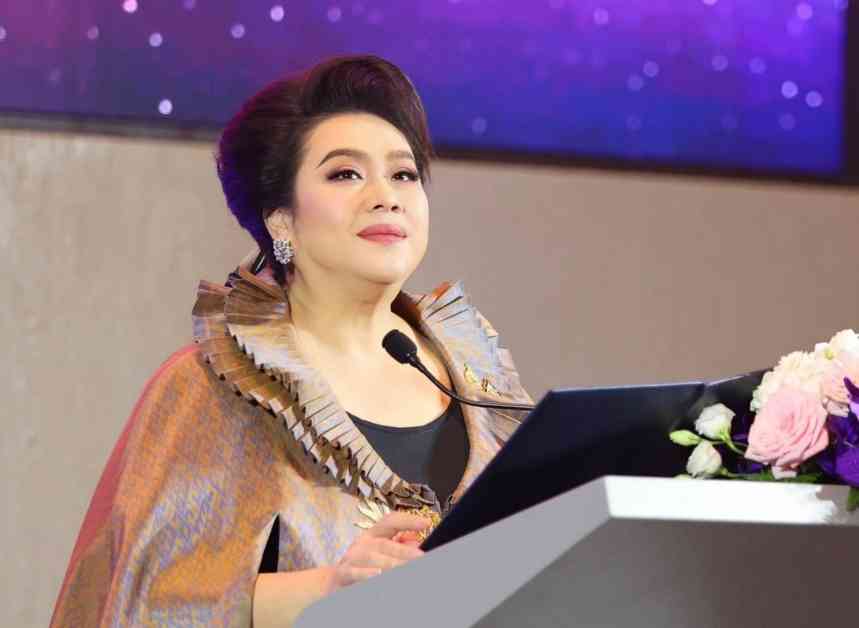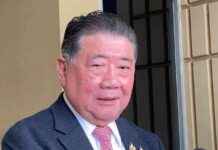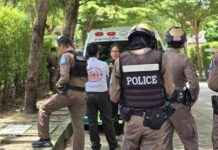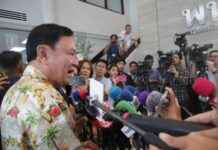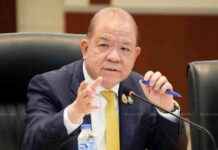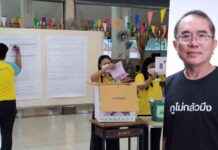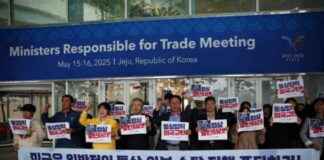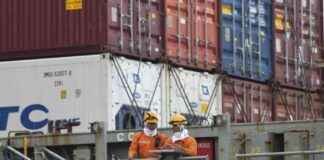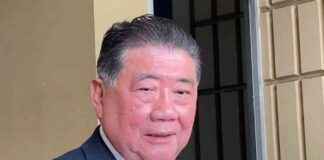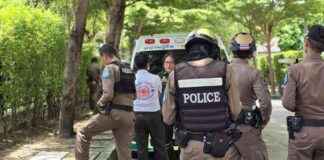Thai Ministry of Education Aims to Improve Thailand’s PISA Ranking in Year 68
The Thai Ministry of Education is taking proactive steps to enhance Thailand’s performance in the Program for International Student Assessment (PISA) in Year 68. At a recent meeting chaired by Minister of Education, Science, Research, and Innovation, Mr. Supakorn Isarapakdi, key policies were discussed to boost students’ competencies and knowledge in alignment with PISA evaluations. The focus is on implementing strategies to elevate Thailand’s ranking in the PISA assessments conducted by the Ministry. Deputy Minister of Education, Assoc. Prof. Dr. Supachai Patumanakul, who leads the task force for enhancing PISA results, emphasized the importance of collaboration among school administrators, educators, and stakeholders to achieve this goal.
Key Policies to Enhance Student Competencies
Minister Supakorn highlighted three crucial policies aimed at promoting students’ competencies and knowledge:
1. Development of Essential Skills: The ministry aims to enhance critical thinking, problem-solving, communication, and lifelong learning skills among students. These skills are deemed essential for students to succeed in a rapidly evolving global landscape.
2. Revamping Teaching Methods: The focus is on student-centered teaching approaches that leverage information and communication technology to facilitate learning. Additionally, efforts will be made to equip educators with contemporary knowledge to effectively engage students in the learning process.
3. Foster Collaboration with All Stakeholders: Minister Supakorn stressed the importance of collaboration with parents, communities, and the private sector. By fostering strong partnerships across various sectors, the ministry believes it can significantly improve the quality of education in Thailand and propel it to international standards.
Minister Supakorn expressed confidence in the collaborative efforts of all stakeholders, stating, “While enhancing student competencies and knowledge in line with PISA guidelines presents a challenging task, I firmly believe that with the collective commitment of all parties, we can elevate the quality of education in Thailand to a global level.”
Deputy Minister Dr. Supachai added that the ministry is actively preparing to achieve its goal of improving Thailand’s PISA rankings. This includes ensuring that designated demonstration schools undergo the PISA assessments and overseeing the Faculty of Education and Educational Sciences, responsible for training teachers to prepare students for the Year 68 examinations.
Addressing Challenges and Implementing Solutions
Dr. Supachai emphasized the need to address challenges in developing students’ competencies and aligning them with 21st-century skills. The ministry has initiated programs to enhance the quality of education and regional development, with a focus on fostering collaboration between universities, schools, and communities. Emphasis is placed on improving students’ reading and writing skills, adapting teaching methods to suit students’ needs, and encouraging creativity and quality learning experiences.
Furthermore, the ministry is leveraging the expertise of demonstration schools under its purview to serve as models for educational excellence. These schools play a pivotal role in setting standards for education quality and promoting student competencies and knowledge aligned with PISA guidelines.
Dr. Supachai underscored the importance of collaboration between universities and schools in driving improvements in Thailand’s education system. By working together, universities can support demonstration schools in leading the way towards academic excellence, while also assisting other schools in enhancing their performance and raising their PISA scores.
In conclusion, the Thai Ministry of Education’s proactive approach towards improving Thailand’s PISA rankings demonstrates a commitment to enhancing the quality of education in the country. Through strategic policies, collaboration with stakeholders, and innovative solutions, Thailand aims to elevate its educational standards and equip students with the necessary skills to succeed in a competitive global environment.
